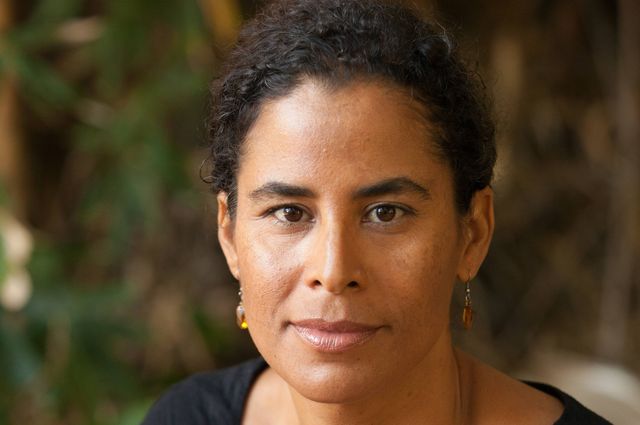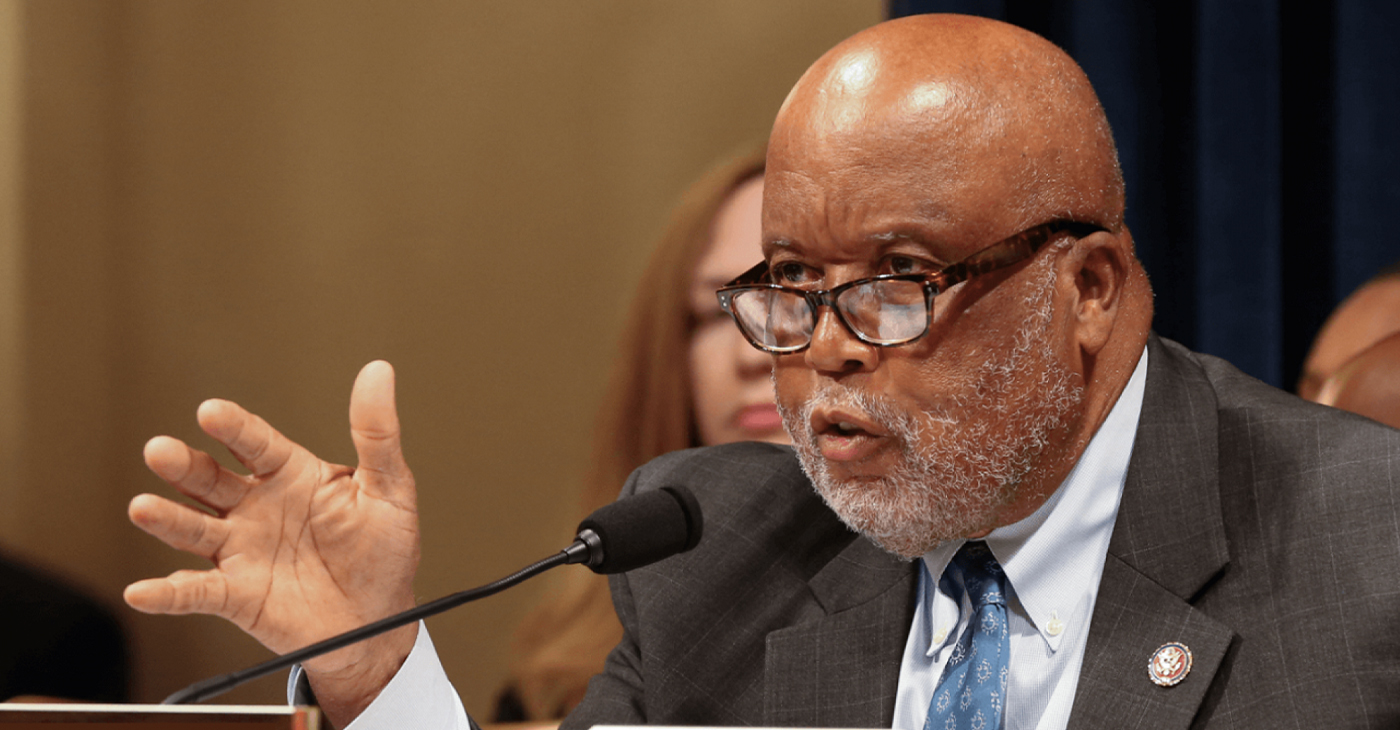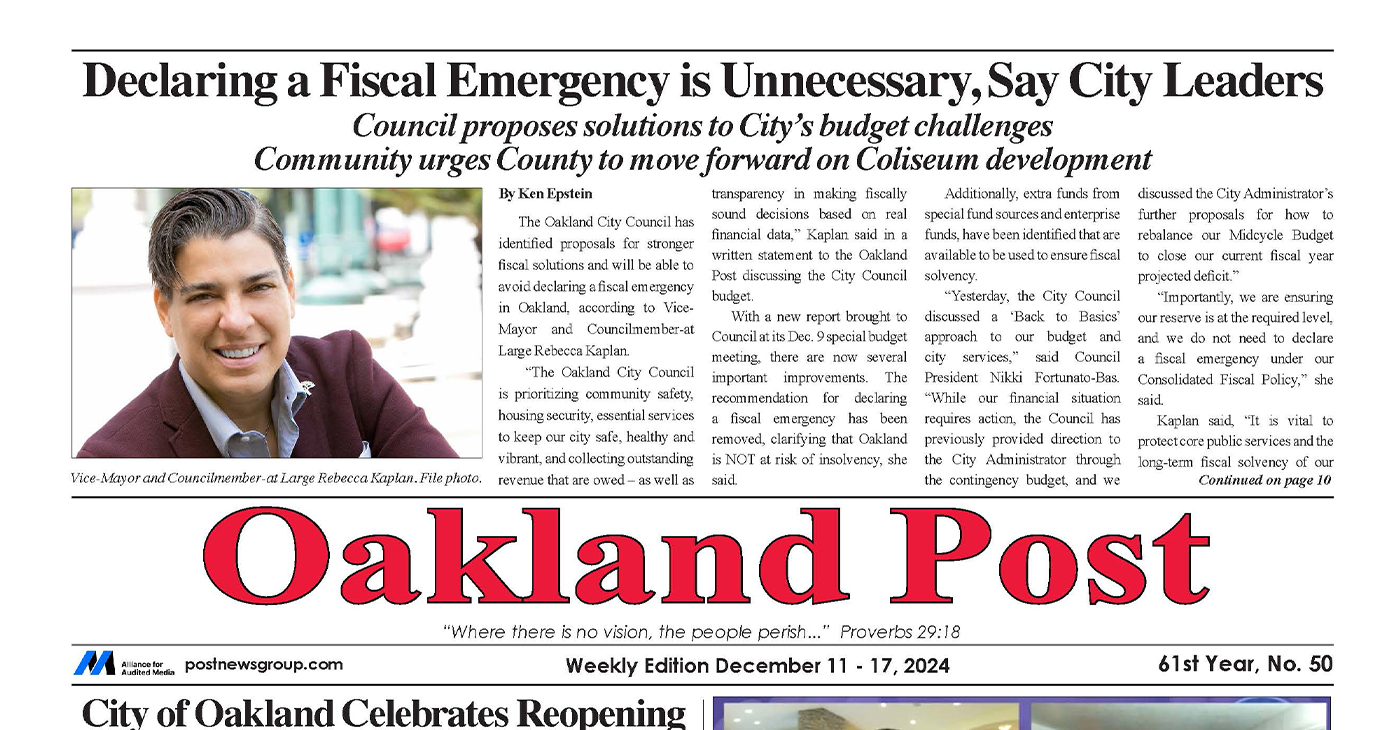Crime
How Los Angeles Became the Capital of Incarceration

For several years, UCLA history professor Kelly Lytle Hernández has reached into Los Angeles history, back before the city was even city or California was even a state, to unearth evidence of how local and national governments, police and jail systems operated as a machine of conquest and elimination targeting native, poor and non-white people.
Her new book, “City of Inmates: Conquest, Rebellion, and The Rise of Human Caging in Los Angeles 1771–1965,” concludes just before the Watts Rebellion to reveal the roots of the “Age of Mass Incarceration” in the city, the time period since 1965 that has filled Los Angeles’ and the nation’s jails and prisons and continues to bring police and community relations to a boiling point.
UCLA Newsroom talked to Lytle Hernández about how her book lays a historical foundation for the story of Los Angeles’ systemically discriminatory structure of incarceration.
What launched your interest in telling this story? When you were writing your first book “Migra! A History of the U.S. Border Patrol,” were there elements that sparked your interest in digging deeper into the prison and jail system of the U.S.?
Migra! is a story about race and policing in the United States, specifically the the rise of the U.S. Border Patrol in the U.S.-Mexican border region and the border patrol’s nearly exclusive focus on policing unauthorized immigration from Mexico.
After completing it, I wanted to examine another dimension of race and law enforcement. Living in Los Angeles, I knew that Los Angeles operates the largest jail system in the United States. In fact, some researchers say no city on Earth jails more people than Los Angeles.
Therefore, Los Angeles, the City of Angels, is, in fact, the City of Inmates, the punitive capital of the world. We know very little about the making and meaning of incarceration in Los Angeles. It’s a history that has never been told. So, I began to research how Los Angeles, my hometown, built one of the largest systems of human caging that the world has ever known.
I found in the archives that since the very first days of U.S. rule in Los Angeles — the Tongva Basin — incarceration has persistently operated as a means of purging, removing, caging, containing, erasing, disappearing and otherwise eliminating indigenous communities and racially targeted populations.
I tell this tale with six stories that demonstrate how incarceration was used to first clear Tongva and other indigenous populations from the region and cage a variety of racially marginalized populations, ranging from white males disparaged as “tramps and “hobos” to Chinese immigrants, African Americans and Mexican Immigrants.
You reveal that mass incarceration is in fact mass elimination of these non-conforming groups. Why is Los Angeles’ particular history so illustrative of this?
Los Angeles opens a window to see untold histories of incarceration, namely those that can best be told from the perspective of the American West. What the American West teaches us about the rise of incarceration in the United States is that conquest matters.
In particular, the 19th-century efforts to expand the United States across the North American continent and build white settler communities on the nation’s western frontier are deeply imprinted in the nation’s police and incarceration practices.
By focusing on the western town that built the nation’s largest jail system, City of Inmates unlocks how the dynamics of conquest shaped, and continue to shape, the priorities and tactics of human caging in the United States.
Read the full Q&A here.
Activism
Oakland Post: Week of December 18 – 24, 2024
The printed Weekly Edition of the Oakland Post: Week of December 18 – 24, 2024

To enlarge your view of this issue, use the slider, magnifying glass icon or full page icon in the lower right corner of the browser window. ![]()
Activism
‘Donald Trump Is Not a God:’ Rep. Bennie Thompson Blasts Trump’s Call to Jail Him
“Donald Trump is not a god,” U.S. Rep. Bennie Thompson, D-Miss., told The Grio during a recent interview, reacting to Trump’s unsupported claims that the congressman, along with other committee members like vice chair and former Republican Rep. Liz Cheney, destroyed evidence throughout the investigation.

By Post Staff
U.S. Rep. Bennie Thompson, D-Miss., said he not intimidated by President-elect Donald Trump, who, during an interview on “Meet the Press,” called for the congressman to be jailed for his role as chairman of the special congressional committee investigating Trump’s role in the Jan. 6, 2021, mob attack on the U.S. Capitol.
“Donald Trump is not a god,” Thompson told The Grio during a recent interview, reacting to Trump’s unsupported claims that the congressman, along with other committee members like vice chair and former Republican Rep. Liz Cheney, destroyed evidence throughout the investigation.
“He can’t prove it, nor has there been any other proof offered, which tells me that he really doesn’t know what he’s talking about,” said the 76-year-old lawmaker, who maintained that he and the bipartisan Jan. 6 Select Committee – which referred Trump for criminal prosecution – were exercising their constitutional and legislative duties.
“When someone disagrees with you, that doesn’t make it illegal; that doesn’t even make it wrong,” Thompson said, “The greatness of this country is that everyone can have their own opinion about any subject, and so for an incoming president who disagrees with the work of Congress to say ‘because I disagree, I want them jailed,’ is absolutely unbelievable.”
When asked by The Grio if he is concerned about his physical safety amid continued public ridicule from Trump, whose supporters have already proven to be violent, Thompson said, “I think every member of Congress here has to have some degree of concern, because you just never know.”
This story is based on a report from The Grio.
Activism
Oakland Post: Week of December 11 – 17, 2024
The printed Weekly Edition of the Oakland Post: Week of December 11 – 17, 2024

To enlarge your view of this issue, use the slider, magnifying glass icon or full page icon in the lower right corner of the browser window. ![]()
-

 Activism4 weeks ago
Activism4 weeks agoOakland Post: Week of November 20 – 26, 2024
-

 California Black Media4 weeks ago
California Black Media4 weeks agoCalifornia to Offer $43.7 Million in Federal Grants to Combat Hate Crimes
-

 Black History4 weeks ago
Black History4 weeks agoEmeline King: A Trailblazer in the Automotive Industry
-

 California Black Media4 weeks ago
California Black Media4 weeks agoCalifornia Department of Aging Offers Free Resources for Family Caregivers in November
-

 California Black Media4 weeks ago
California Black Media4 weeks agoGov. Newsom Goes to Washington to Advocate for California Priorities
-

 Activism4 weeks ago
Activism4 weeks agoOCCUR Hosts “Faith Forward” Conference in Oakland
-

 Activism3 weeks ago
Activism3 weeks agoOakland Post: Week of November 27 – December 3, 2024
-

 Activism4 weeks ago
Activism4 weeks agoRichmond Seniors Still Having a Ball After 25 Years





















































